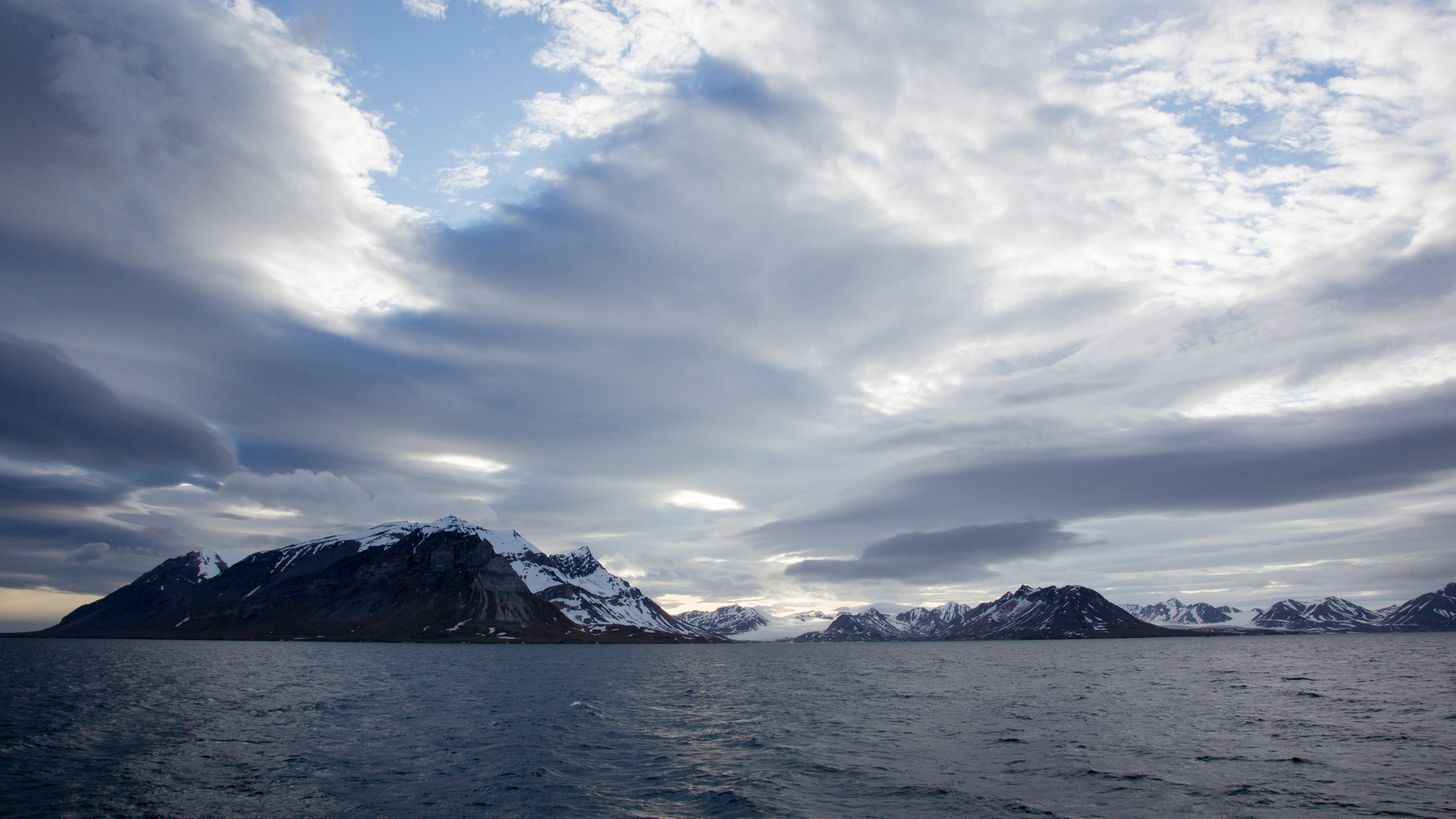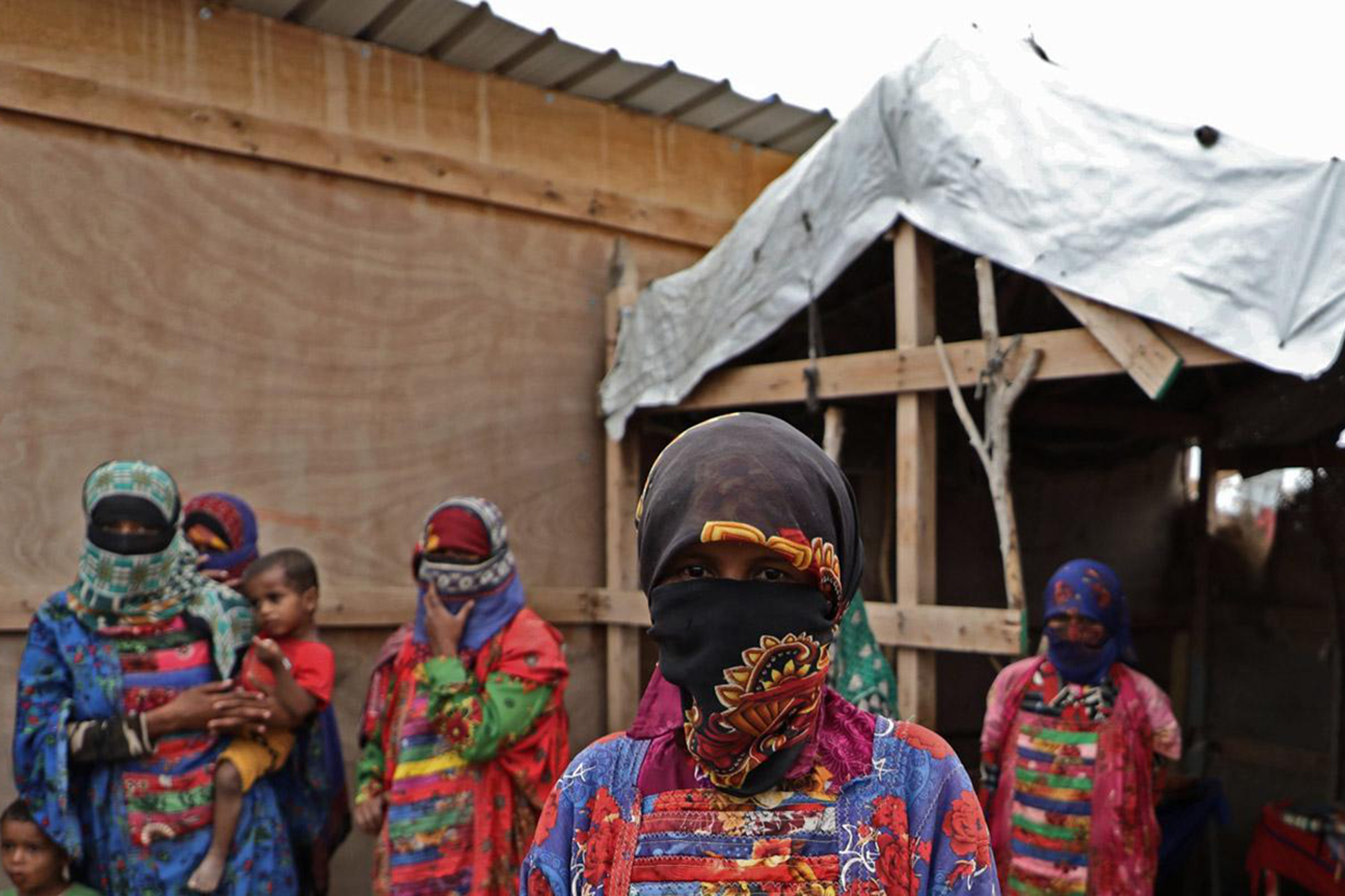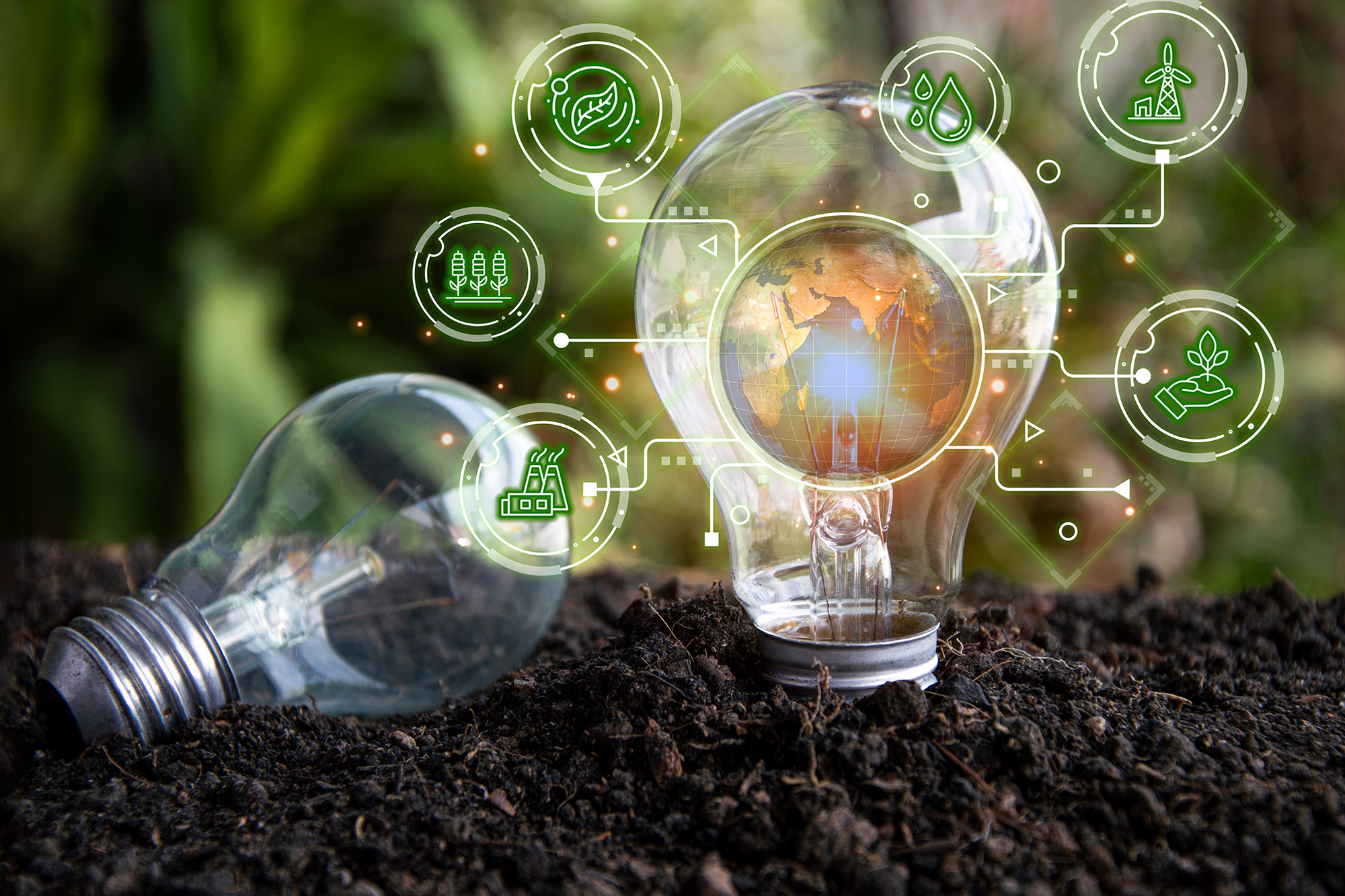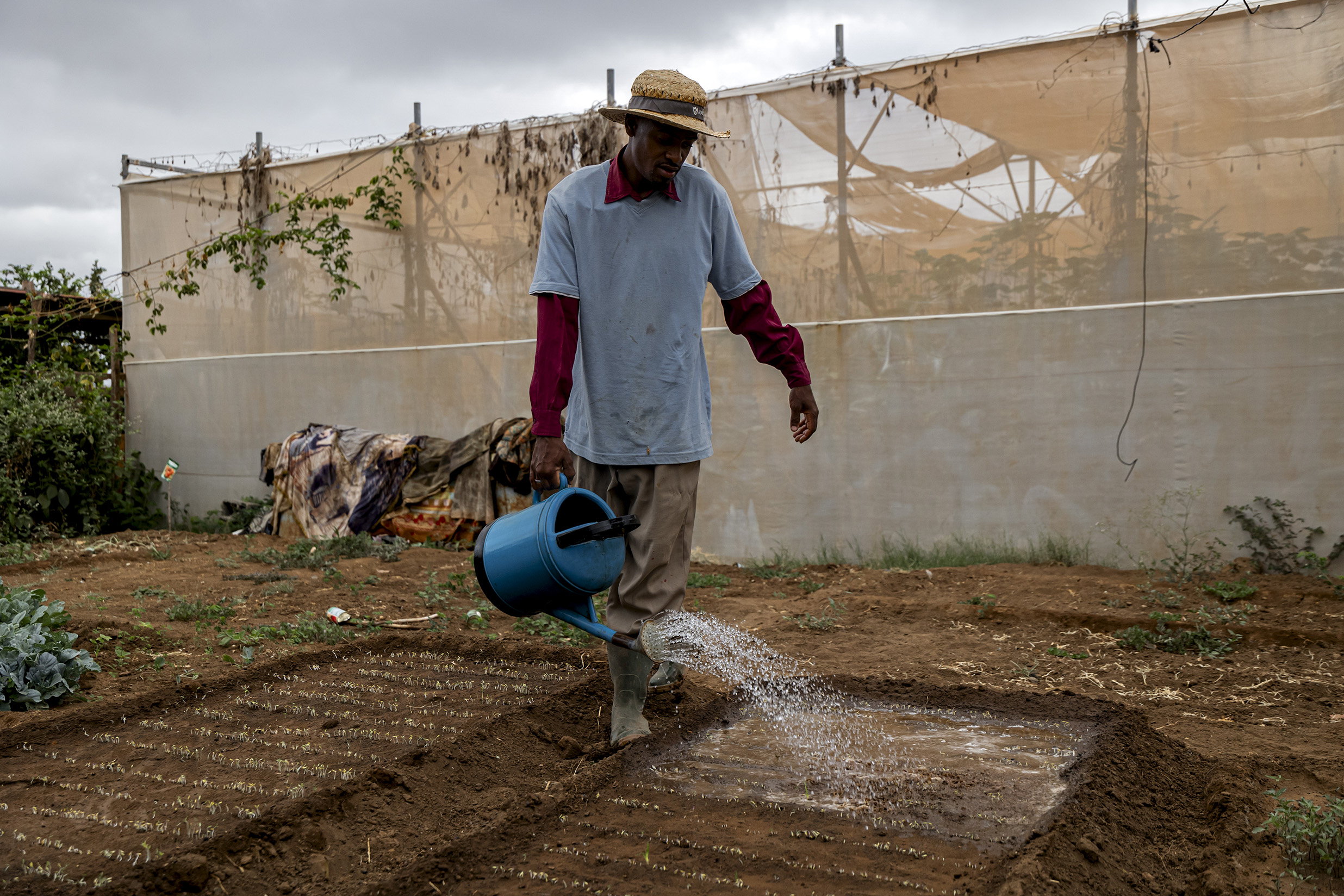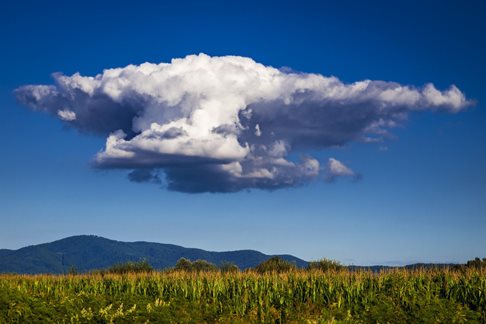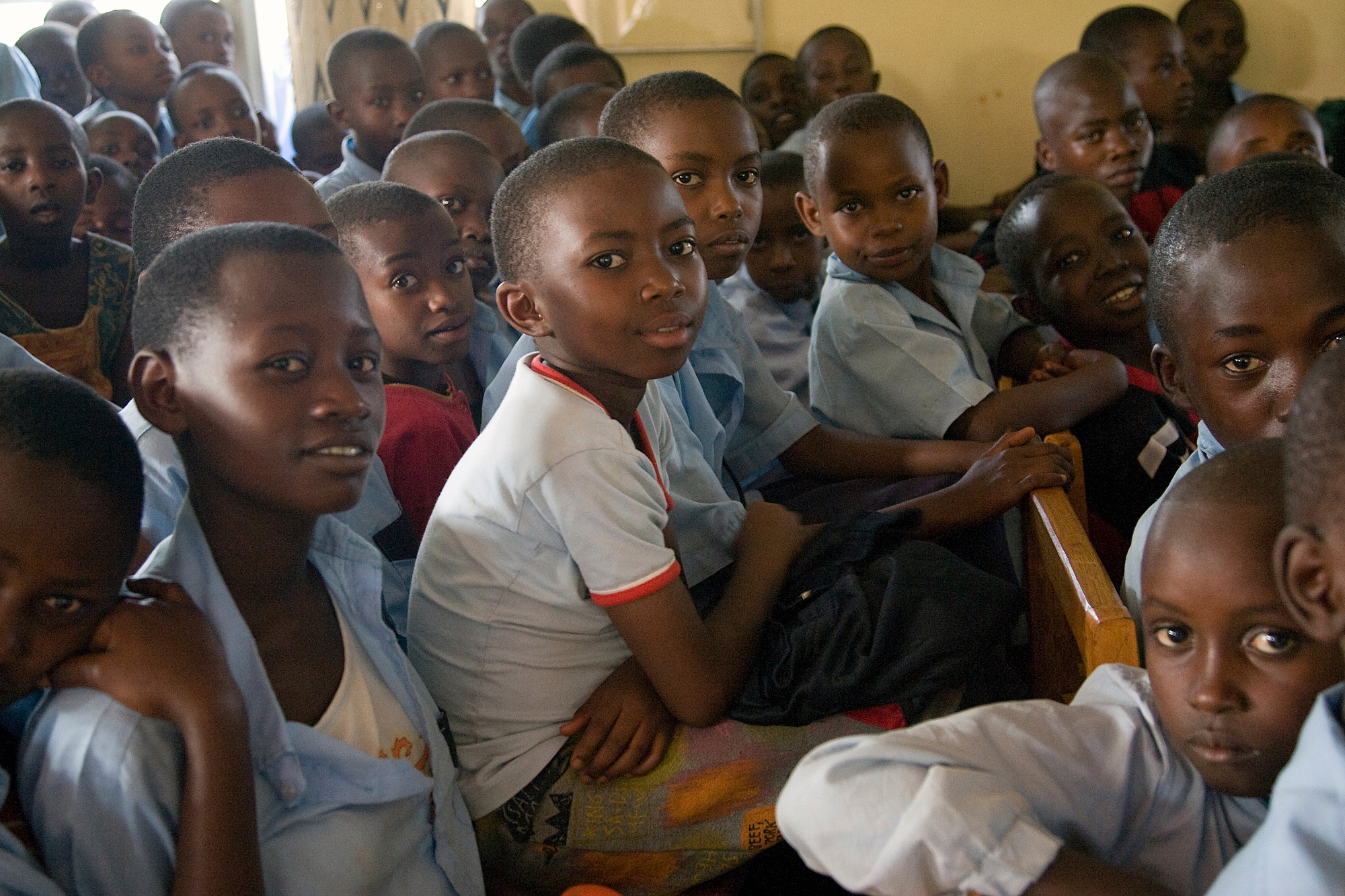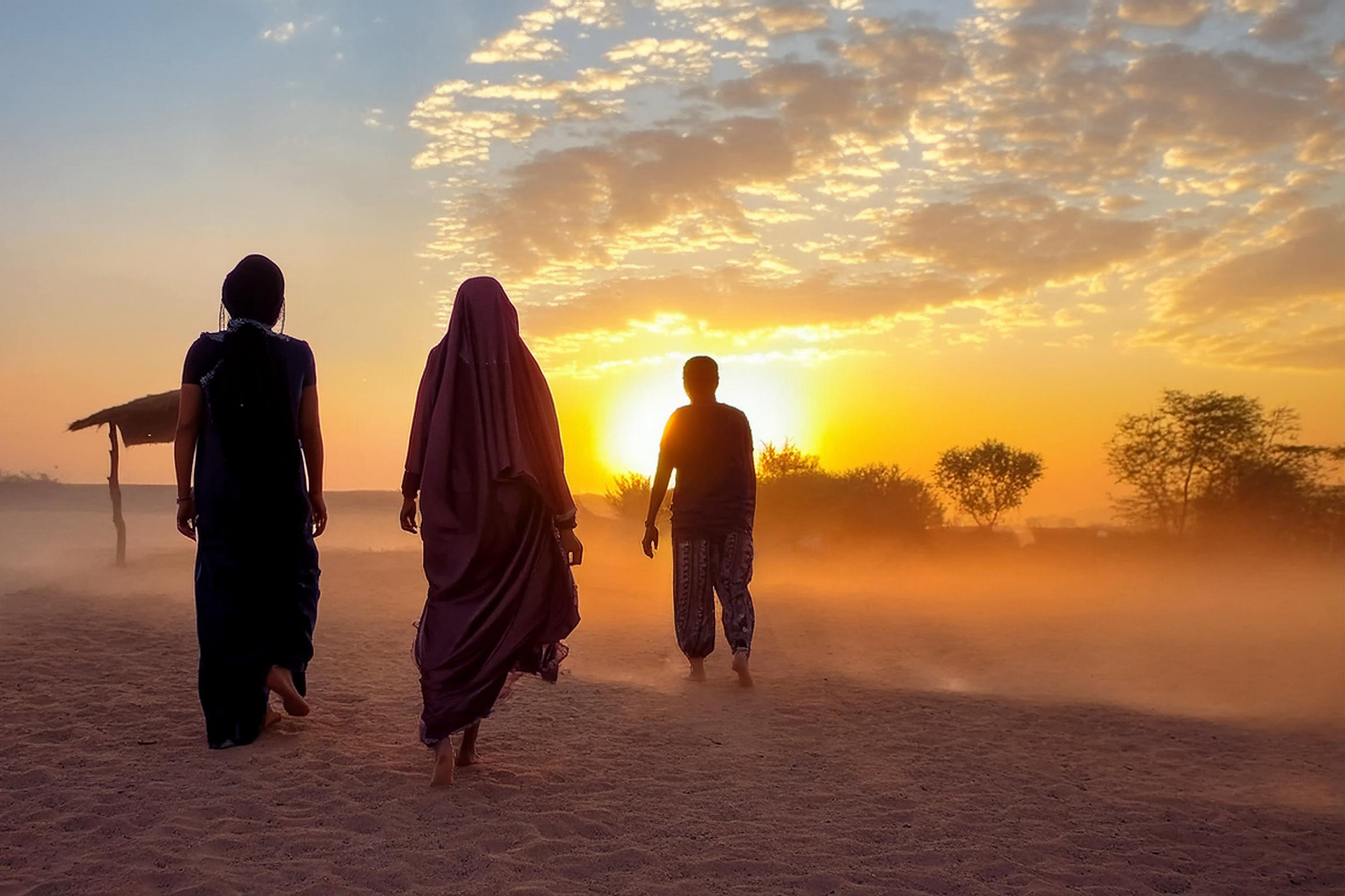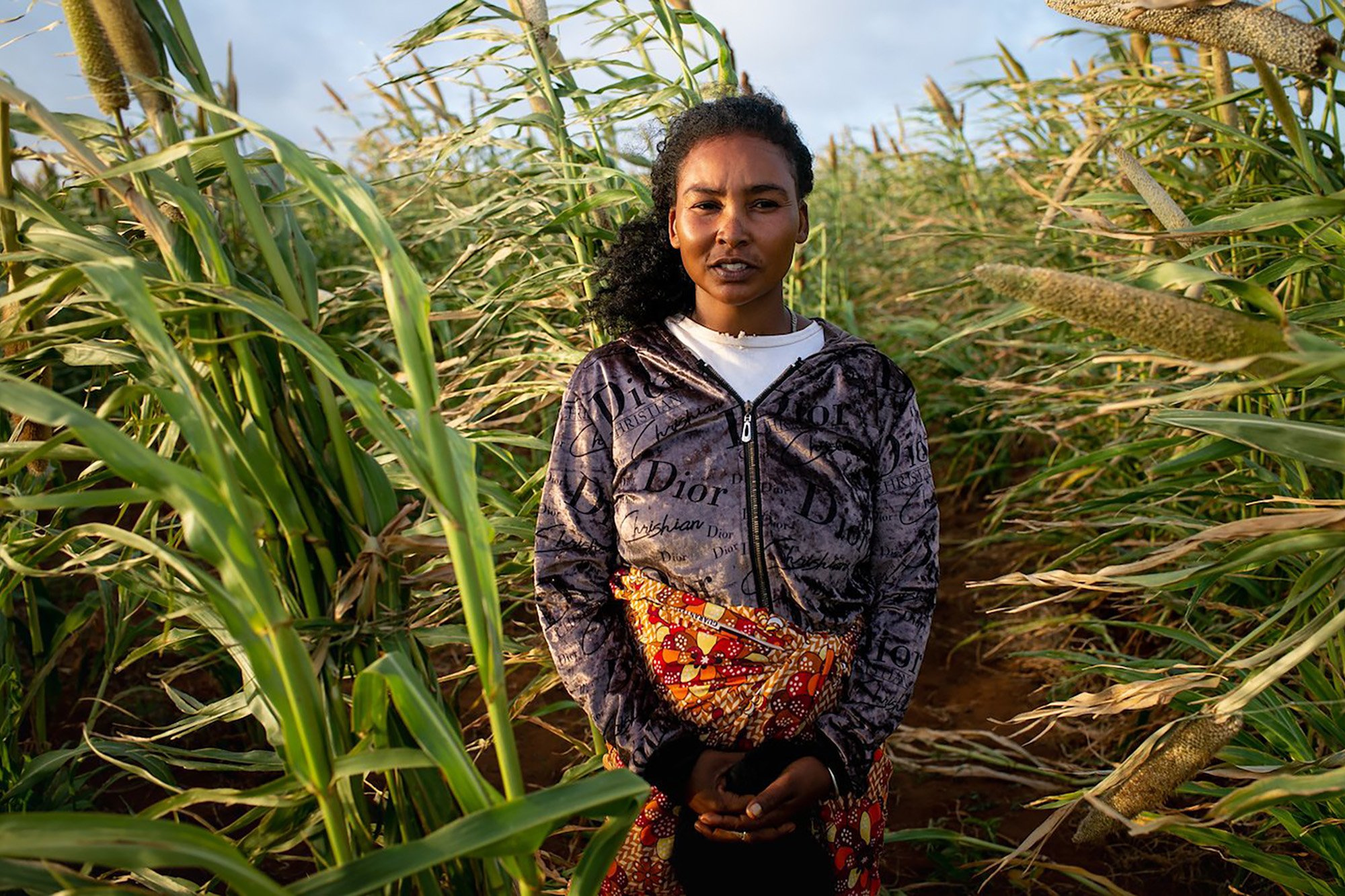Find out more in
Global Issues:
Healthy land provides most of our food, clothing, shelter, jobs, and livelihoods, and protects us from worsening droughts, floods, and wildfires. Yet desertification, land degradation, and drought are among the most pressing environmental challenges of our time, with up to 40% of the world’s land already considered degraded. The theme of this year’s World Day to Combat Desertification and Drought (17 June), “United for Land. Our Legacy. Our Future,” spotlights the future of land stewardship — our most precious resource to ensure the stability and prosperity of billions of people worldwide.
In her coastal home in Mokha, Zahara is busy cooking and caring for her husband, who is in frail health, and her extended family. Zahara's family, along with three other households, is a close-knit community united by family ties and mutual support. Over a year ago, the International Organization for Migration (IOM) provided them with a new transitional shelter that provides physical protection, security, and privacy. With their new shelter, they have found a haven from Mokha's strong winds and torrential floods, as well as the privacy they have longed for amid the bustling life of communal living.
"Heat at Work" highlights ILO's efforts to protect Mexican greenhouse workers from climate-induced excessive heat.
Food systems are collapsing due to climate change, biodiversity loss, and ecosystem destruction, but by empowering rural communities to lead sustainable management practices, we can restore ecosystems and ensure food security.
As the world struggles with global challenges such as climate change, health crises, food insecurity and human displacement, knowledge integration has become crucial. The statistical, data science, geospatial, and modeling sectors are tasked with providing integrated knowledge to shed light on these problems. The aim of the 8th International Conference on Big Data (Bilbao, Spain; 10 -14 June) is to address these emerging issues and share knowledge by collaborating with partners across sectors to inform climate change and sustainable development policies with integrated data.
In Cabo Verde, a Small Island Developing State, climate change has intensified the impact of droughts. Despite its name, Cabo Verde (“Green Cape”) faces a brutal dry season that turns it into shades of light brown. Farmers like Willy Gonçalves rely on desalinized water due to decreased precipitation. Willy, who took over from his neighbor Nena, manages a farm where he plants seedlings with love and determination. The increasing temperatures and water scarcity pose challenges, but Willy is coping with the help of training from the FAO-China South-South Cooperation (SSC) Programme.
Sign a pledge to take climate action on behalf of the children in your life and next generations.
Over half of the collected revenue from power, industry and new sectors, such as aviation and shipping is used to fund climate and nature programmes.
In the aftermath of Cyclone Idai, World Bank launches recovery project in Zimbabwe to rebuild communities and foster long-term resilience.
In the isolated expanse of the Arctic, amidst freezing sea ice and dwindling daylight, a sailor's reflections reveal the intricate dance of survival, adaptation, and changing landscapes in the face of climate shifts and cultural narratives.
Safeguarding future generations in a world at a crossroads. With that goal in mind, the United Nations University World Institute for Development Economics Research (UNU WIDER) is organizing a three-day (May 14-16) conference in Maputo, Mozambique. The event will be attended by renowned researchers and policy experts who will discuss the greatest development challenges of our time -climate change, persistent inequalities, and growing political instability- and what action is needed now to best protect future generations.
Climate change negatively affects family health and well-being through increased pollution, extreme weather events, disruptions to agriculture and food systems, and economic impacts. Empowering families for environmentally friendly decision-making, supporting community initiatives and integrating family-centered and intergenerational approaches into policies can ensure more meaningful and effective climate action. The 2024 International Day of Families (15 May) aims to raise awareness of climate change impacts on families and promote family and community initiatives for climate action.
The Food and Agriculture Organization of the United Nations (FAO) is helping farmers in southern Madagascar to prevent the impact of recurring droughts. In partnership with local organizations, they are strengthening community resilience in areas deeply affected by climate change. The key is to take action before the predicted impact of climate disasters. Madagascar is the world’s fourth most vulnerable country to climate change, and more than 2.3 million people need assistance to cope with the consequences of repeated droughts and recent cyclones. Despite this, current projects lack funding.
Humanity is breaking all the wrong records on global warming. Fragile ecosystems face enormous pressure. More than 1 million plants, animals and other living things are at risk of being wiped out. Dirty air and chemical pollution threaten our lands, oceans and health. However, there is a lot we can do as individuals to tackle these issues. Every action, no matter how small, matters to the planet. The United Nations Environment Programme (UNEP) has developed toolkits for taking environmental action on a range of issues, including reviving ecosystems, fighting climate change, reducing plastic waste, improving air quality, and planting trees.


